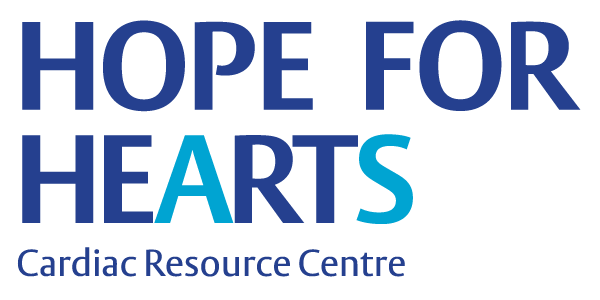About Cardiomyopathy
Cardiomyopathy is an acquired or inherited heart condition where the heart muscle becomes enlarged, thickened or stiff affecting the pumping mechanism of the heart. This diseased muscle may be replaced by other muscle that is heavily affected by scar tissue. As the disease progresses, patients can be affected by mechanical and electrical abnormalities that can lead to:
- Arrhythmias – including atrial and ventricular rhythms, and
- Heart failure – caused by inadequate cardiac output, inability to meet metabolic requirements.1
What is Cardiomyopathy?
Cardiologist, Dr David Rutlen from the University of Arkansas for Medical Sciences (UAMS) Health discusses what Cardiomyopathy is and details the common types of cardiomyopathies and how they may present in patients.
Types of Cardiomyopathy
There are several different types of Cardiomyopathy, all affecting the overall function to meet cardiac output in patients with the condition. Cardiomyopathy is a common condition, affecting approximately 1 in 500 patients. Cardiomyopathy may also be seen in children with congenital heart diseases.
It’s typical to consider the causes of Cardiomyopathy in two distinct categories: Ischaemic Cardiomyopathy and Non-ischaemic Cardiomyopathy.
Ischaemic Cardiomyopathy is typically caused when the heart muscle is damaged due to coronary artery disease or blockages in coronary arteries, and often after a heart attack as an example. The heart muscle may change to increase in size and lose effective contraction motion, affecting the cardiac output.
Non-ischaemic Cardiomyopathy refers to a form of the disease that is often inherited, or caused by factors that do not include coronary artery disease. In these conditions, there may be other causes of declining heart function, affecting the heart muscle or outflow of blood from the ventricles. The main four subtypes are listed below:
- Hypertrophic Cardiomyopathy
This type of Cardiomyopathy occurs when the heart muscle thickens and enlarges over time, often with no known cause. This type of Cardiomyopathy is considered a common type and it is often undiagnosed. These patients may have no symptoms but are at high risk of sudden cardiac death. - Dilated Cardiomyopathy
Occurs when the ventricles of the heart (pumping chamber) are enlarged and eventually weaken, affecting cardiac output. It may involve just the left ventricle but can also affect the right ventricle as the condition progresses. This type of Cardiomyopathy can lead to other complications such as:
– Irregular heart rates: Atrial Fibrillation
– Heart failure
– Structural heart disease. - Arrhythmogenic Right Ventricular Dysplasia
Is a rare form of Cardiomyopathy, usually found in males, that is characterised by fatty deposits within the Right Ventricle, that can interrupt normal electrical conduction and lead to fatal arrhythmias. This may also lead to sudden cardiac death/ arrest in these patients who may not have been diagnosed with the condition. - Restrictive Cardiomyopathy
In this type of Cardiomyopathy, the ventricles become rigid and stiff, but the walls do not increase in size, affecting the ability of the heart to relax and “fill” with normal amounts of blood, affecting cardiac output. Over time, this condition may lead to heart failure and mechanical issues with the various heart valves.2
Causes of Cardiomyopathy
There are many causes of Cardiomyopathy, occasionally the condition may be caused in relation to a complication of another illness. Known causes are:
- Familia / Genetic history of Cardiomyopathy,
- Heart Failure,
- Cardiac arrest,
- Myocardial infarction (heart attack),
- High alcohol intake,
- Infection such as post-viral infections that may cause damage to the heart muscle,
- Illicit drug intake such as cocaine and amphetamines,
- Chemotherapeutic agents (used to treat some cancers),
- Some poisons and heavy metals ingestion,
- Coronary artery disease,
- Hypertension,
- Diabetes Mellitus (may increase the risk of Coronary Artery Disease), and
- Hepatitis.3
Click here to understand the signs and symptoms of Cardiomyopathy.
